Many Die In Britain's Worst Helicopter Accident
On July 16, 1983, a British Airways Helicopters Sikorsky S-61 helicopter, Oscar November (G-BEON), crashed in the southern Celtic Sea. The helicopter was en route from Penzance to St Mary's, Isles of Scilly, flying when there was poor visibility. Only six of the twenty-six people on board survived, making it Britain's worst helicopter accident at the time.
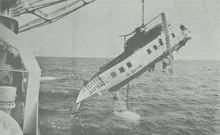
The Accidents Investigation Branch (AIB) found that pilot error, inadequate flight instrument monitoring, and lack of audio height warning equipment caused the crash. This led to a safety review and eight AIB recommendations, including mandatory audible height warnings on offshore passenger helicopters. This disaster remained the worst British civilian helicopter accident until a 1986 North Sea crash killed 45 people.
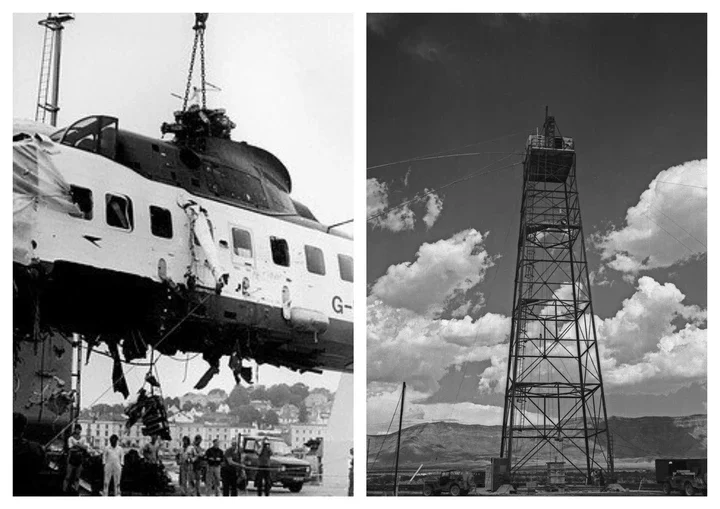
First Atomic Bomb Detonated
Also, on this day in 1945, the world witnessed its first nuclear explosion at a site 210 miles south of Los Alamos, New Mexico, on the Jornada del Muerto plains of the Alamogordo Bombing Range. This historic event, code-named "Trinity," involved the detonation of a plutonium implosion device named "Gadget" atop a 100-foot tower at 5:30 am.
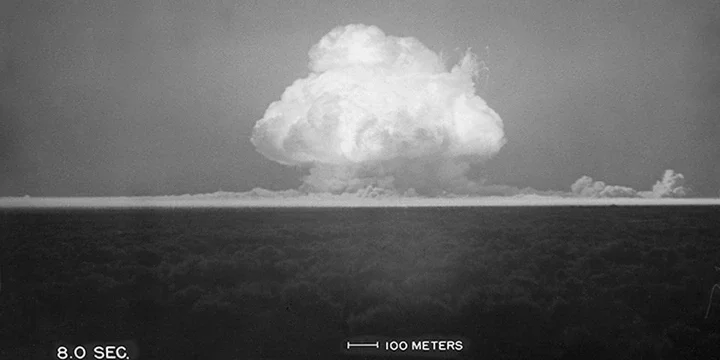
The blast released 18.6 kilotons of energy, obliterating the tower and transforming the surrounding asphalt and sand into green glass known as "trinitite." The explosion's intense heat knocked observers to the ground, and witnesses up to 200 miles away reported seeing the flash, likening it to the illumination of the sky by the sun.
Being a weapon of mass destruction, nuclear warheads would later become a major threat to the world and a sign of strength for the superpowers of the world who try to stop other emerging countries from owning the powerful weapons.
Other key events on this day
1. Kissing banned in England (to stop germs from spreading) - 1439
2. Richard II, aged 10, crowned King of England at Westminster Abbey, succeeding his grandfather Edward III - 1377
3. 1st banknotes in Europe were issued by Bank of Stockholm - 1661
4. 205,000 people attended and watched Brazil-Uruguay World Cup soccer - 1960
5. Saddam Hussein emerged Iraq's President, succeeding Ahmed Hassan al-Bakr - 1979
6. 400 died in a (7.7) earthquake in the Philippines - 1990
7. Hamas and Islamic Jihad offered Israel a 10-year truce with 10 conditions, which include lifting the blockade and the release of prisoners; it was rejected - 2014.


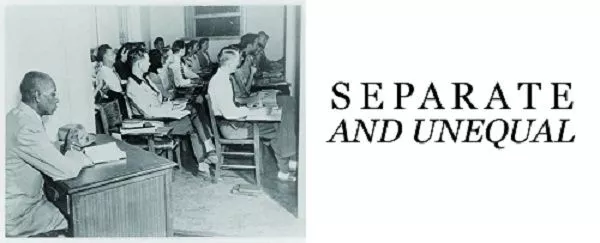

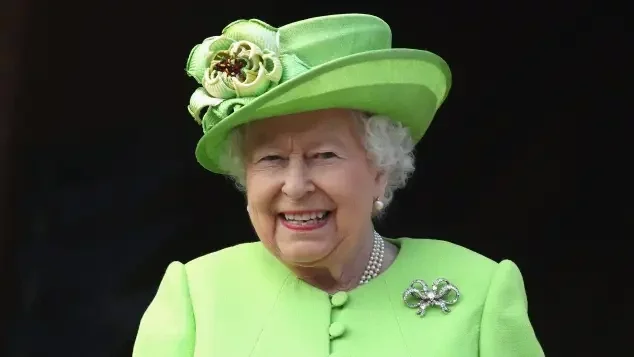
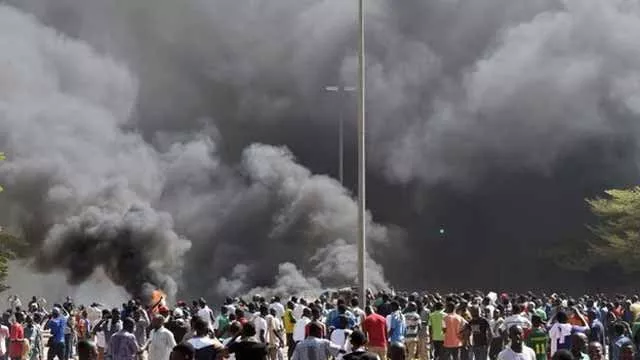

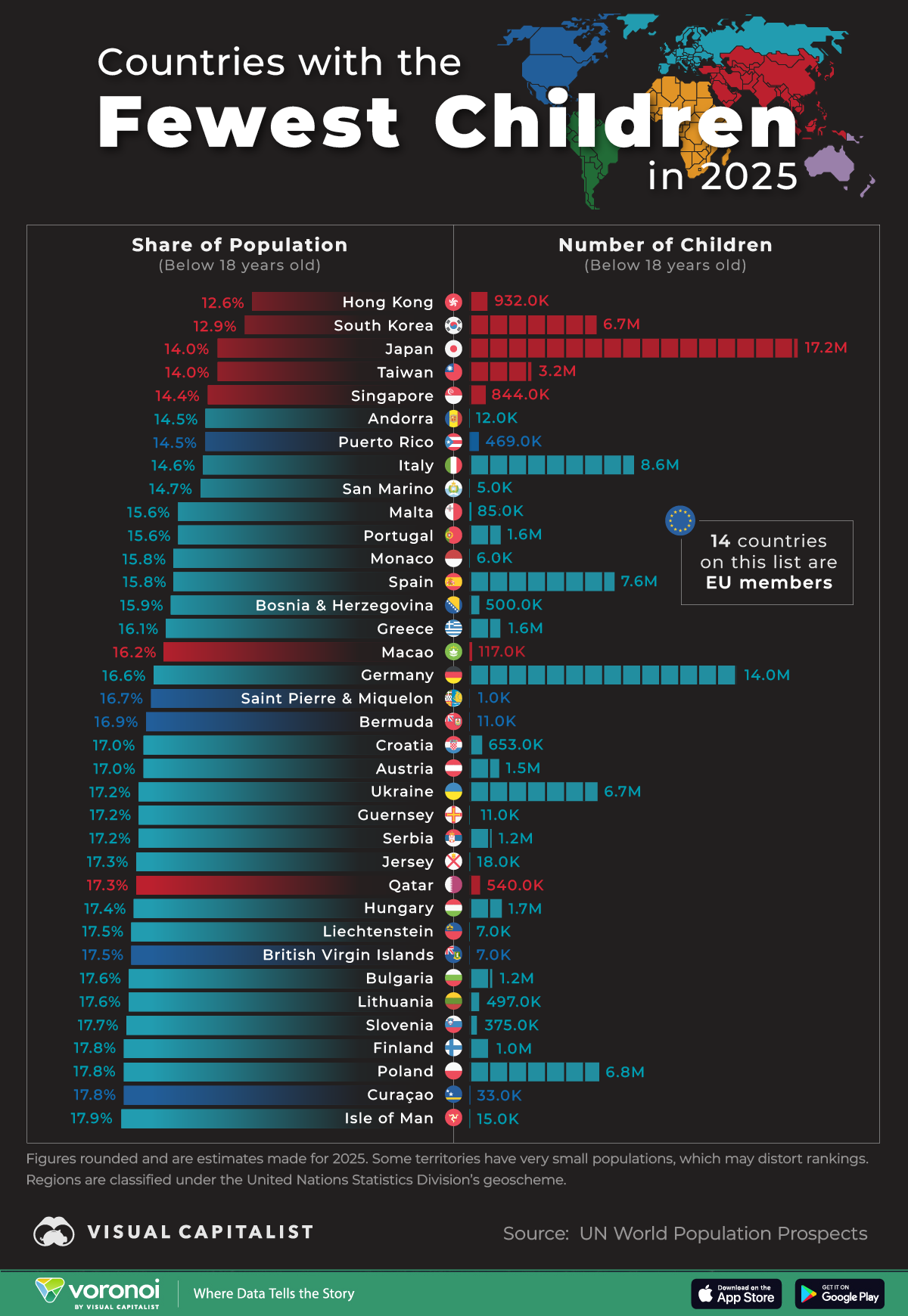


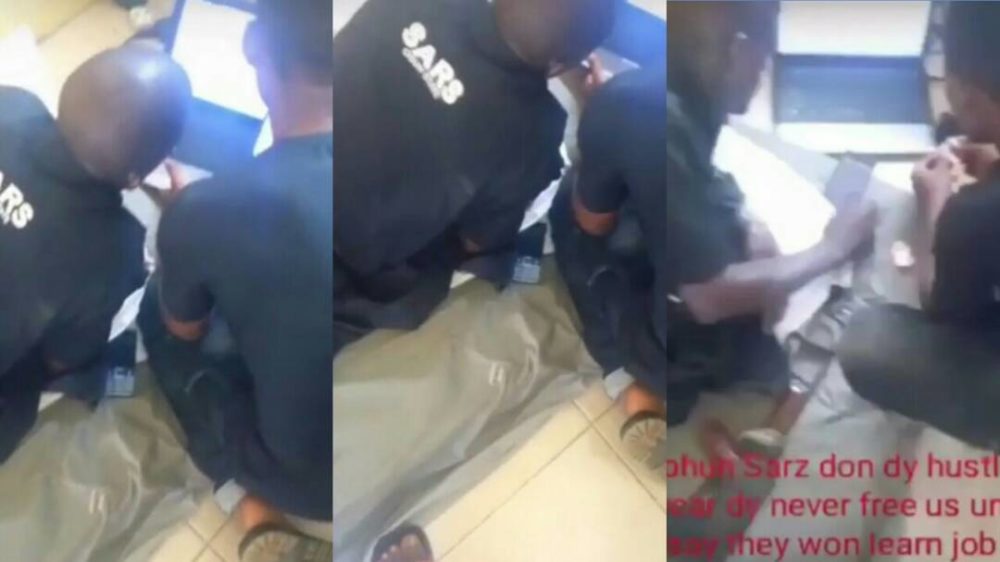


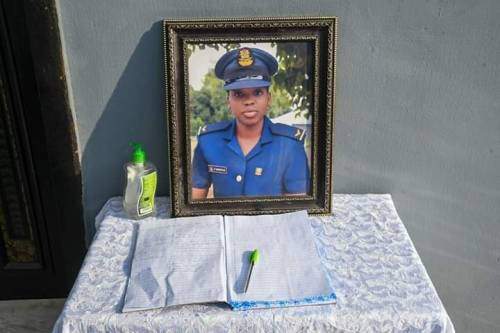

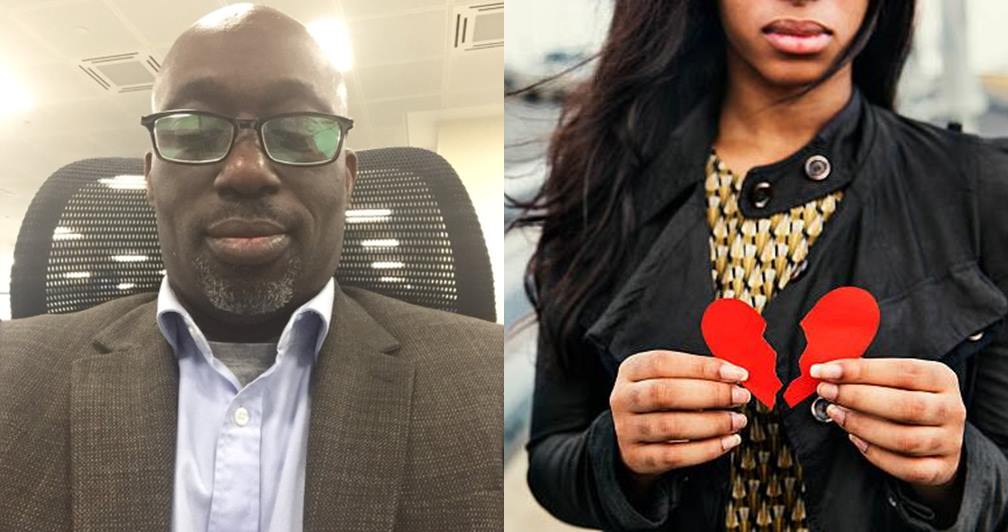

Comments